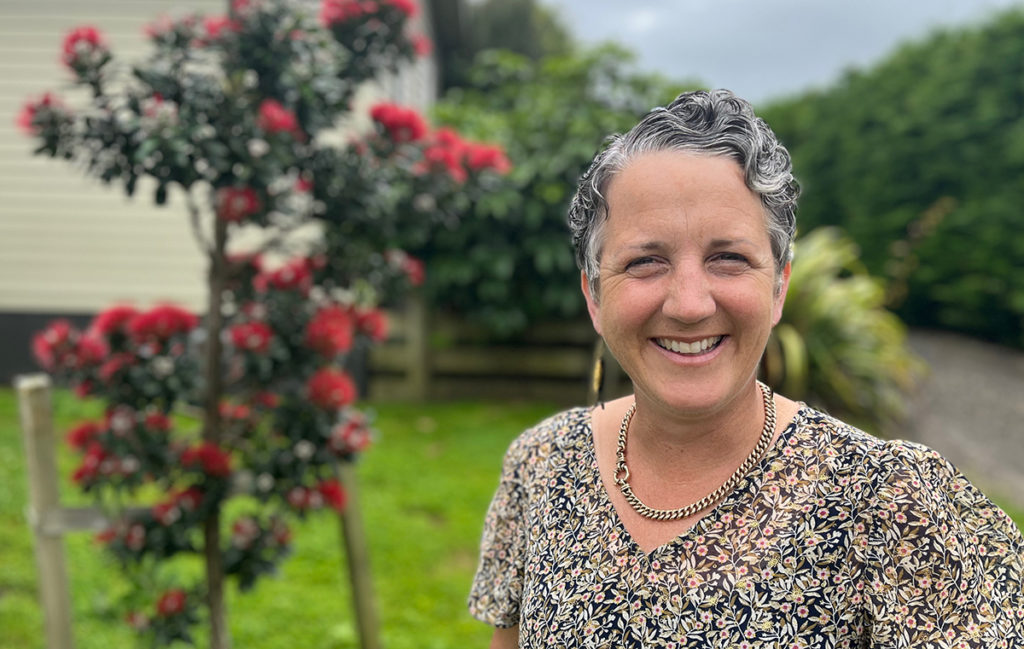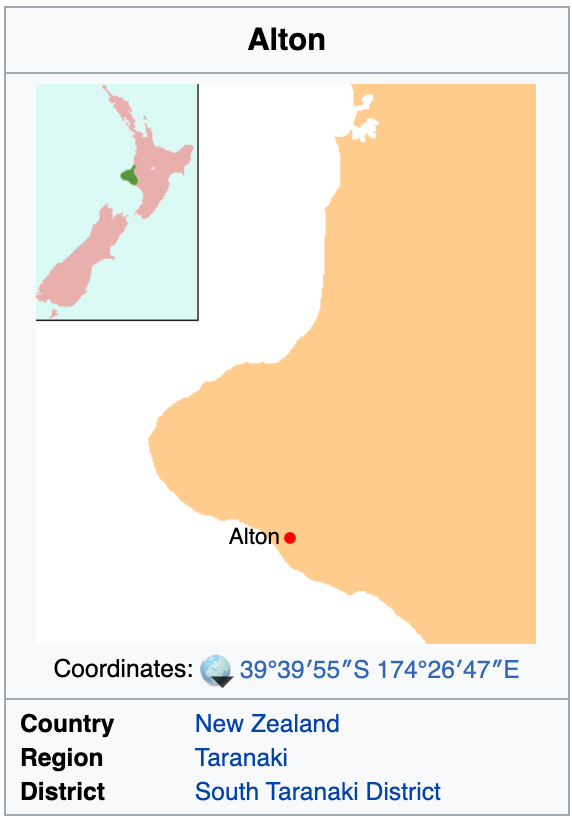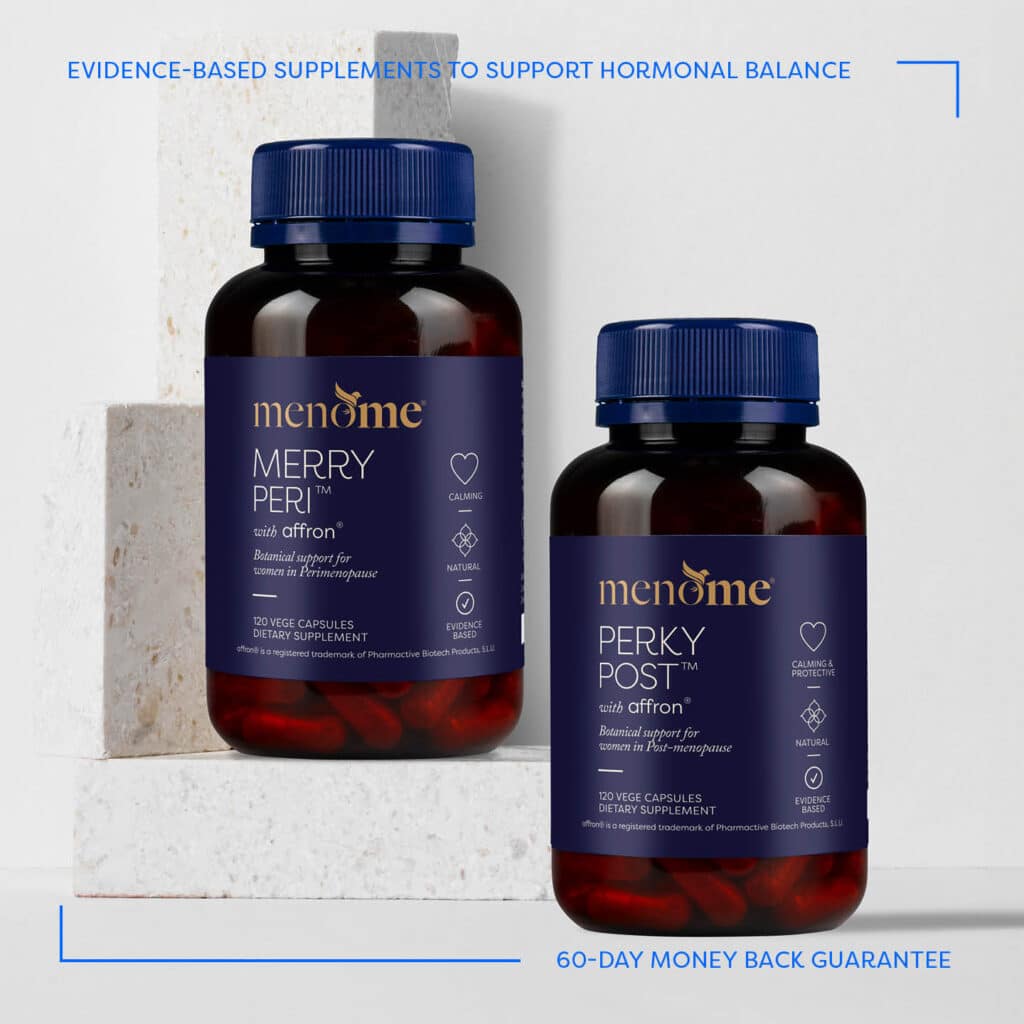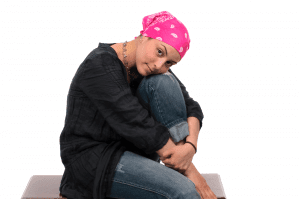Welcome to Women Like Us – where women share their stories of menopause.
In this issue of Women Like Us, we’d like to introduce you to Jacq Dwyer (KSM).
Index:
Who Is Jacq?
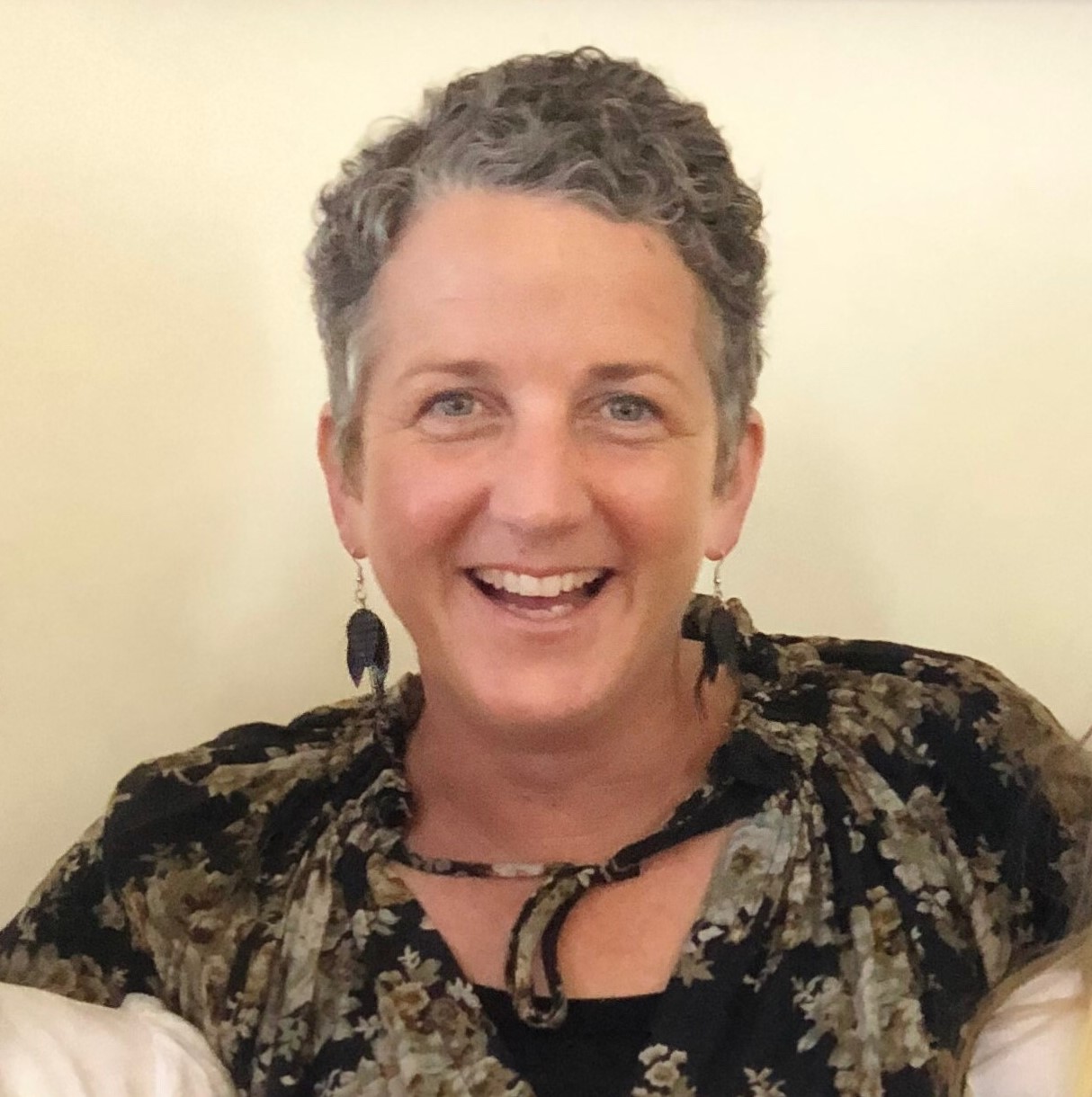
Jacq is deeply involved in the small-town community of Alton where she lives in rural New Zealand.
Situated in the North Island of New Zealand, Alton is a district of Taranaki.
She’s also a passionate historian and has written several books telling local stories about the area.
A former interior designer, Jacq’s design roots underscore many talents including writing, gardening and jewellery making.
Indeed, never one to rest on her laurels she lends her creativity to a line of handmade earrings.
Early-Onset Menopause
Jacq discovered she was in early-onset menopause at just 42. There were no previous clues and she’d never had any menstrual problems prior. In fact, she only looked into it further because she noticed her periods becoming irregular.
As changes in cycles are one of the hallmarks of perimenopause it doesn’t usually flag early-onset menopause.
What’s the difference between early-onset and premature menopause?
Approximately 5% of women will experience early onset menopause. This is identified as occurring between the ages of 40-45.
If a woman is under 40 this is defined as premature menopause. It occurs in around 1% of women.
Learning she had early-onset menopause was challenging for Jacq as she hadn’t yet married or had children. “That was a little bit of a tricky and sad time for me but I got through it,” says Jacq. “Our bodies are such complex machines, you can’t control everything that happens.”
The Grief, Loss, Gift & Freedom Of Menopause
It’s well established that menopause can be a time of loss and grief.
Some women report struggling to come to terms with growing older and the physical changes of midlife.
As well as that, their sense of self as women may come under the microscope.
And reaching the end of their fertile years is something many women grapple with. As a result, some women – like Jacq – experience a feeling of loss if they haven’t had children.
On the other hand, there are those who experience freedom and relief that they can no longer become pregnant.
These women see menopause as a gift.
What’s more, they don’t care as much about what others think, their children are independent and they embrace ‘me-time’.
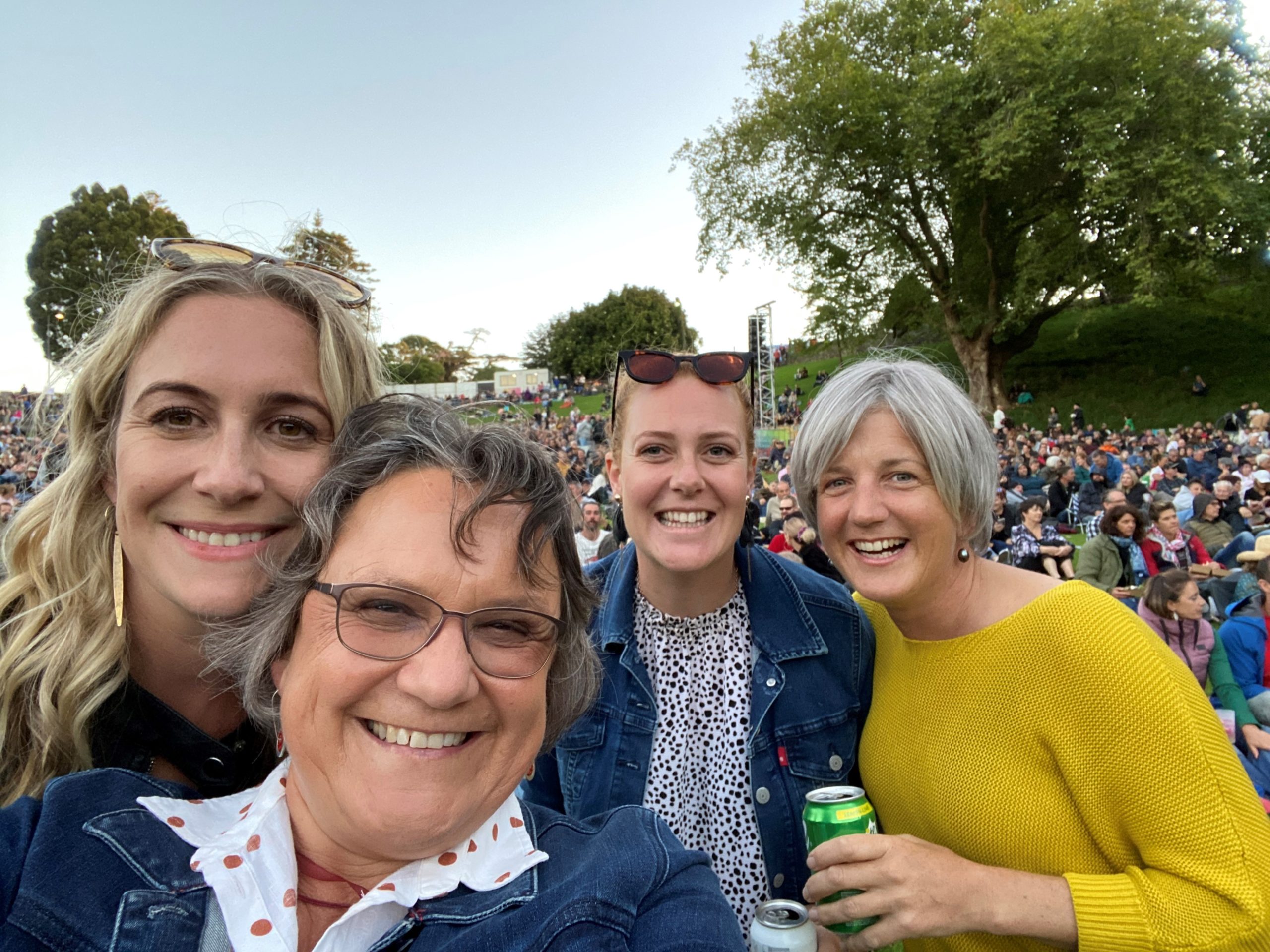
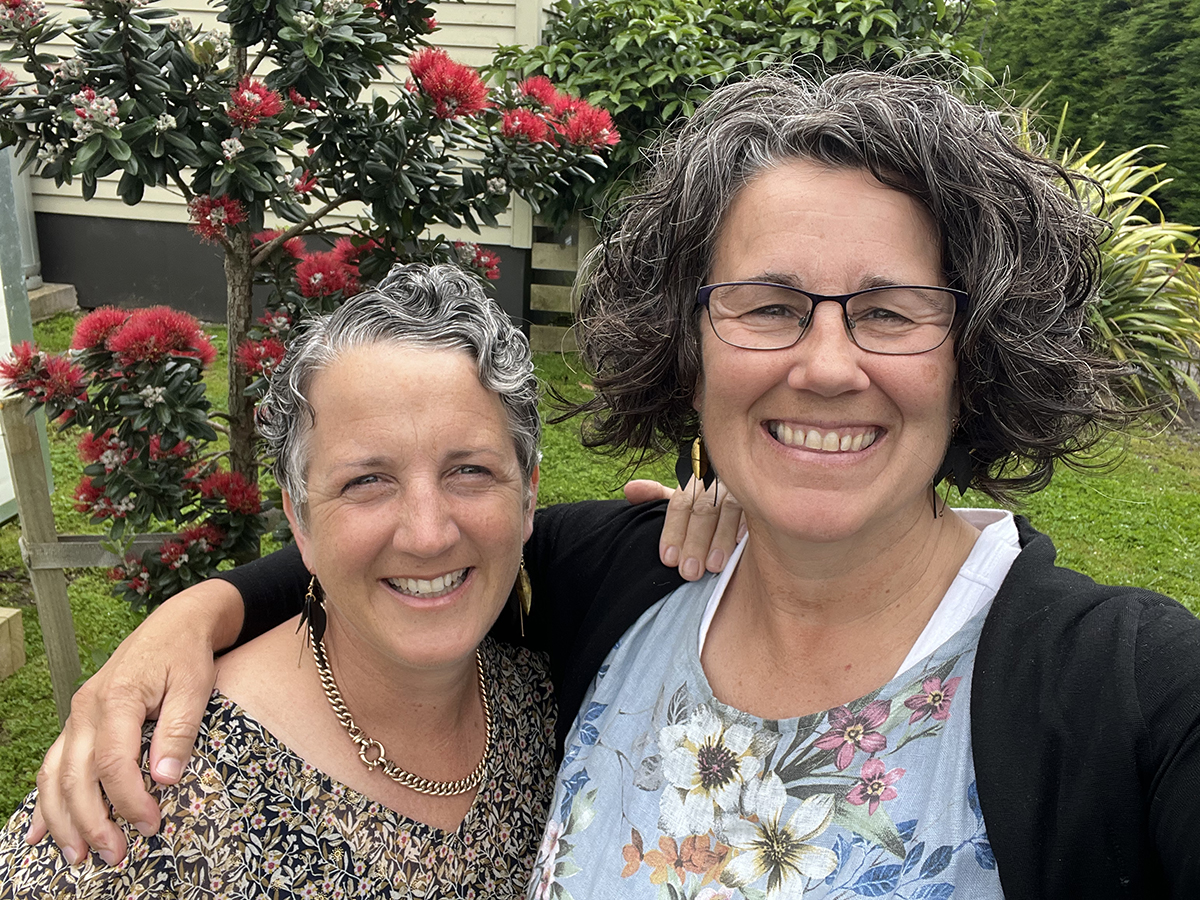
A Few Years Later…
Over time, Jacq came to terms with the life-changing news of early-onset menopause. She – in her own words – “just got on with it”.
But life was about to send her another curveball just after her 48th birthday.
A sore back saw Jacq visiting the hospital who told her she could have osteoporosis or a type of cancer.
Subsequently, she was diagnosed with a form of blood cancer known as Multiple Myeloma.
“I had multiple fractures in my vertebrae and ribs because it gets into your bone marrow and starts to break down your bones,” says Jacq.
“After 26 weeks of chemotherapy, they gave me a life-changing stem cell treatment followed by more chemotherapy. Our health system is amazing with what’s available to us and it’s slowly rebuilding my bones.
“My hair fell out and I wanted a wig that looked like Hilary Barry’s hair so I wore that until my hair grew back. It’s grown back thicker than it was. It’s incredible what our bodies can do for us given the right help.”
We hope Jacq’s story has enlightened, inspired and given you something to think about.
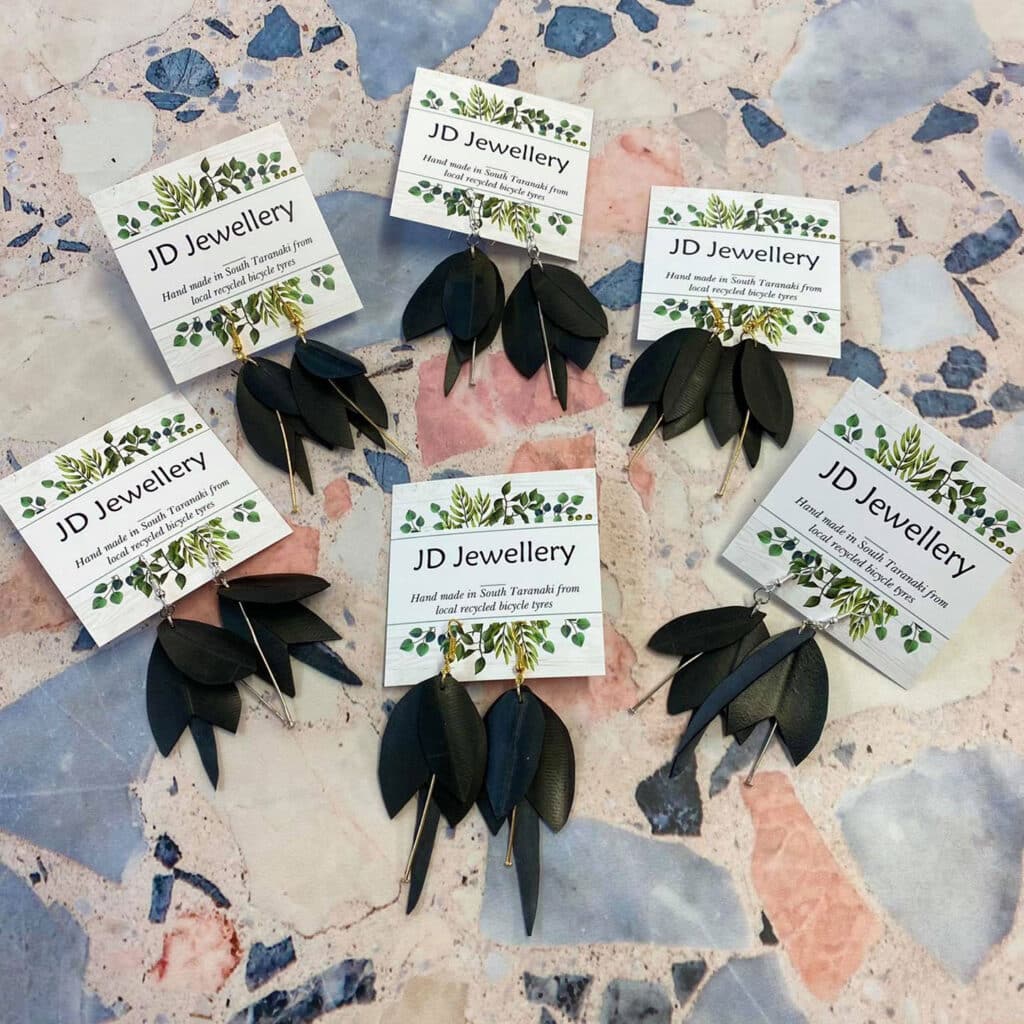

If you would like to purchase a pair of Jacq Dwyer earrings click here.
To learn more about Multiple Myeloma or donate visit: https://www.multiplemyeloma.org.nz/.

